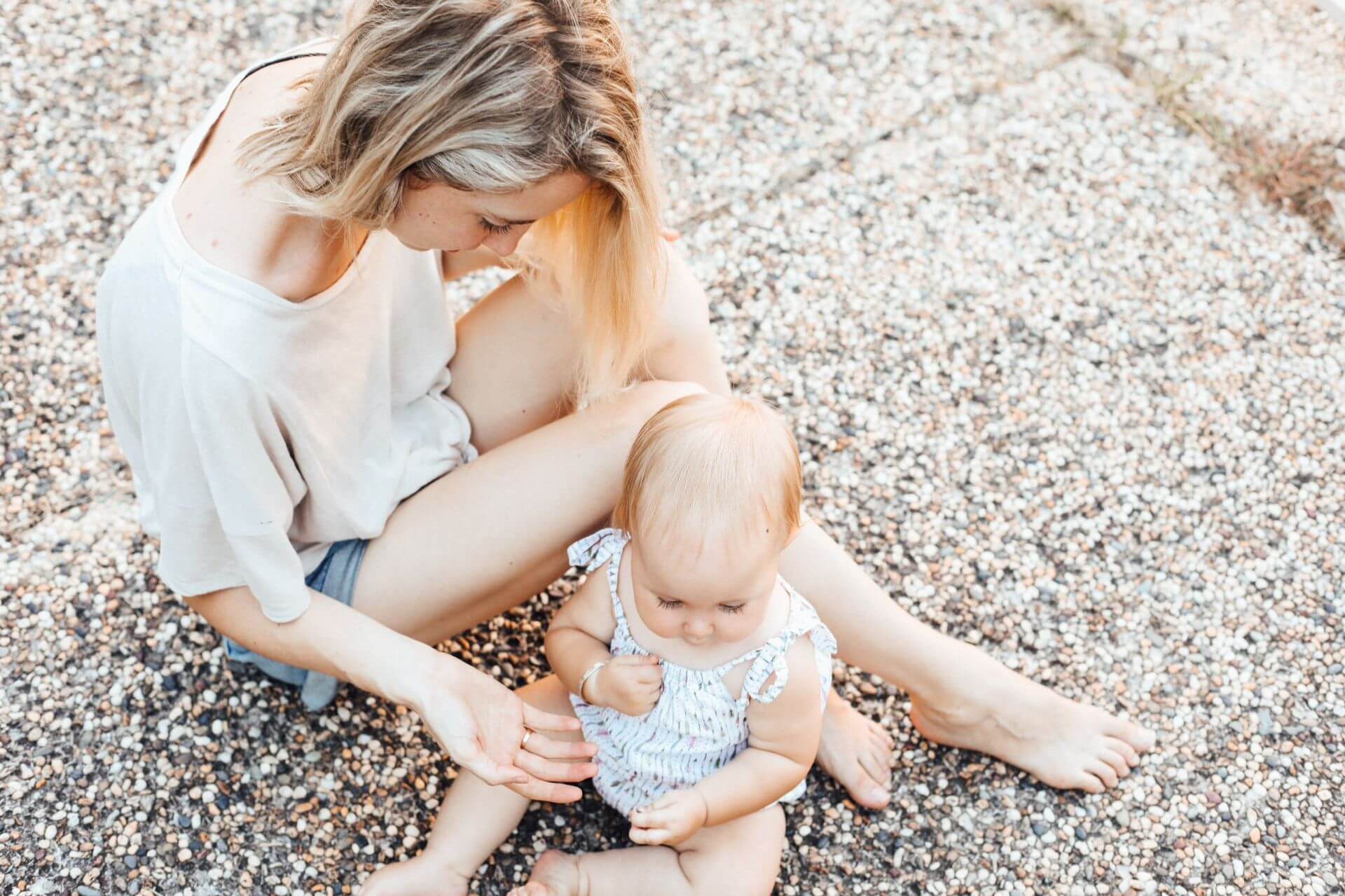All posts
What is Mum Guilt?
Am I doing enough? Am I doing it right? Am I a good mum? A recent study of 900 mums found 78% felt guilty, with 68% feeling this way at least once a day. So where does mum guilt or parental guilt come from, and how can we deal with it? We explore the phenomenon […]


Am I doing enough? Am I doing it right? Am I a good mum?
A recent study of 900 mums found 78% felt guilty, with 68% feeling this way at least once a day. So where does mum guilt or parental guilt come from, and how can we deal with it?
We explore the phenomenon of mum guilt and some strategies to cope with it here.
What causes mum guilt?
Parenting raises endless decisions. Will you breastfeed or bottle feed? Continue in your career or stay at home? Make your own baby food or buy off the shelves?
All these choices can become overwhelming, and no matter what decision you make, it seems you can always find a way to doubt yourself. Let’s face it, when it comes to ‘getting it right’, the stakes have never seemed higher.
Mum guilt/parental guilt stems from these doubts and the natural and overwhelming desire to do the very best for your child.
Add to this the external pressures: information overload, and the (often unwelcome) judgements and opinions of everyone around us, and it’s no wonder we’re questioning our every move.
And then there’s the stuff no one talks about: When you’re struggling so badly and feel so alone that you want to quit parenthood altogether and hide away from everyone and everything. Parenting is hard, and when the sleep deprivation and general overwhelm of raising a tiny human becomes too much, you feel guilty about that, too.
I wanted this. I should be grateful. I’m a bad parent for not loving every second.
Mum guilt can show up in many ways and may lead to mental health issues like anxiety and postnatal depression.
We explore some of the signs of postnatal depression and where to get support in this blog post.
How to deal with mum or parental guilt
If you’re struggling under the weight of guilt around being a good parent, just remember you’re not alone. For many people, motherhood and guilt go hand in hand. But there are a few strategies that may help.
Practice self-compassion
We can be our own toughest critic – especially when it comes to parenting. Make a conscious effort to be kinder to yourself and interrupt that negative monologue. If you wouldn’t say it to a friend, don’t say it to yourself.
Acknowledge little wins
Parenting is hard. Don’t forget all the small stuff you’re accomplishing every single day. Got the kids fed and dressed and out the door? Win. Did a load of washing during naptime? Win. Maintained your sanity for another day? Win!
All these everyday victories should be celebrated, because it’s the little wins that make you an amazing parent.
Stop comparing
Social media makes it easier than ever to weigh ourselves up against our peers and strangers with ‘perfect’ lives. Whether it’s online or in real life, try not to compare yourself to other parents. What works for some may not work for others. Just remind yourself that you’re doing the best you can.
Look after yourself
Kids don’t want a perfect mum – they want a happy mum.
When you have kids, being a parent can become your main identity. But it’s important to nurture who you are outside of that and prioritise your personal needs.
Ask for help when you need it, and continue the hobbies, interests, and relationships you enjoyed before bub. You can’t fill from an empty cup, and maintaining your mental health and happiness will benefit you and your family.
If you need some extra help coping with life right now, talking to a counsellor might help. Learn about our confidential counselling service and how to book an appointment here, or call 1300 364 277.
For more advice, check out our tips to silence your inner critic.
Back to all posts